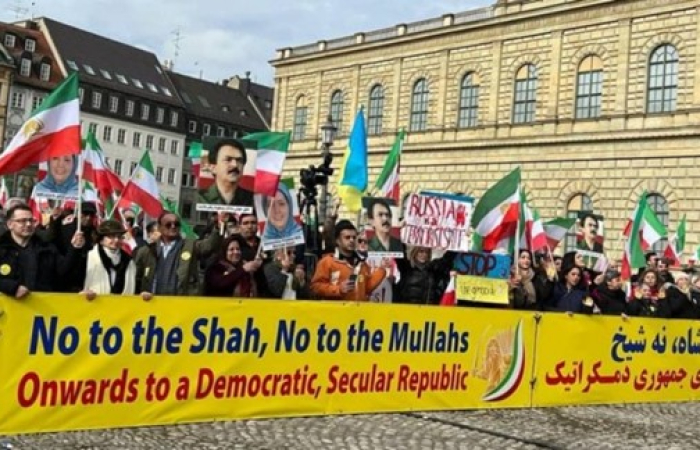Trending
Monday Commentary: Armenians and Azerbaijanis are carving a new South Caucasus
16 February 2026
For many years, the international community was telling the governments of Armenia and Azerbaijan to prepare their populations for peace. Instead, they prepared them for war, which eventually came in 2020, followed by a period of uncertainty. In the last year the two sides turned the page. In March 2025 they agreed the elements of a peace agreement. On 8 August, at a historic meeting in the White House, this agreement was initialed. Since then, the two sides have taken huge, unprecedented steps to achieve peace and reconciliation.
On 13 February, twenty Azerbaijani civil society experts walked across the border with Armenia, presented their passports at an Armenian border checkpoint and entered Armenia, to be welcomed by 20 Armenian counterparts, with who they spent the next two days discussing future regional peace and co-operation.
The symbolism and importance of this event is huge. Even if you accept that this was a tightly choreographed affair, managed by the two governments, its importance is unquestionable.
There will now be a “return” event. The 20 Armenians involved in the process will go to Azerbaijan.
The arrival of the large Azerbaijani group in Armenia was in the framework of the “Peace Bridge”, which started taking shape in October of last year. This has two characteristics, which make it special, relevant and ground breaking.
The first is that the initiative not only has government backing, but has two important “patrons” – presidential adviser in Azerbaijan, Hikmet Haciyev; and Armenian National Security Council Secretary, Armen Grigoryan. These two men did most of the heavy lifting behind the scenes to get the peace process on the right track. So there is a bit of a haze between track 1 and track 2, but in this case it is all for the better.
The second important element, is that this is an all-local initiative. There is no foreign funding; no external NGO, or any other outside involvement. This is hugely significant and important.
One also needs to commend the transparency of the process. The names of those participating on both sides were published.There is no conflict anymore between Armenia and Azerbaijan. Armenians and Azerbaijanis, at official level, and at civil society level, are talking directly to each other without intermediaries.
This is something to be celebrated.
That part of our work is done, and we should be happy and satisfied. We contributed as much as anyone so that the sides could reach this point. Now its time to move on. (click image to read the full Monday Commentary)




